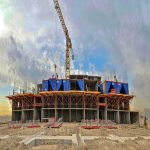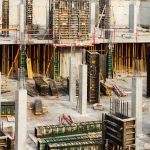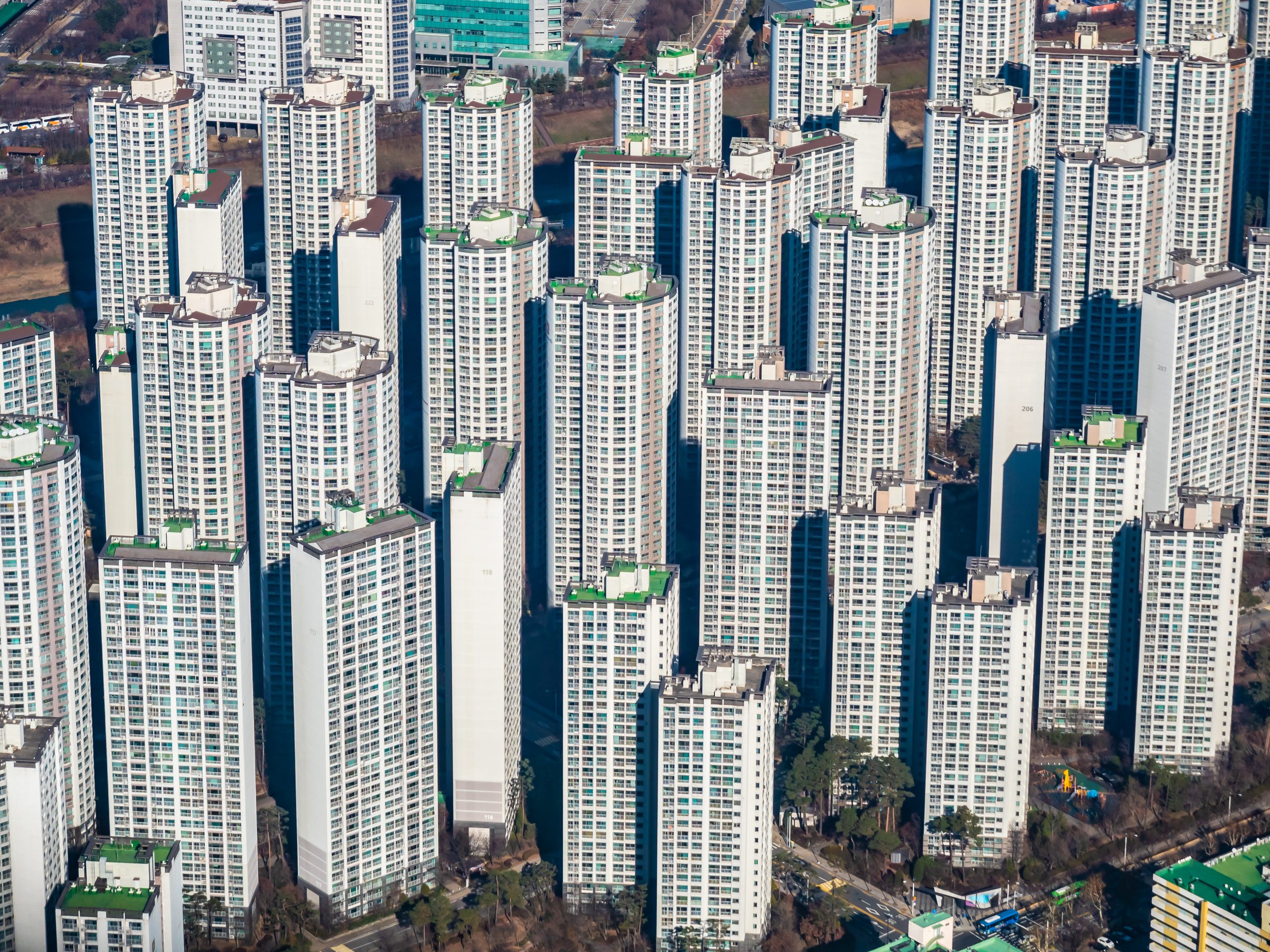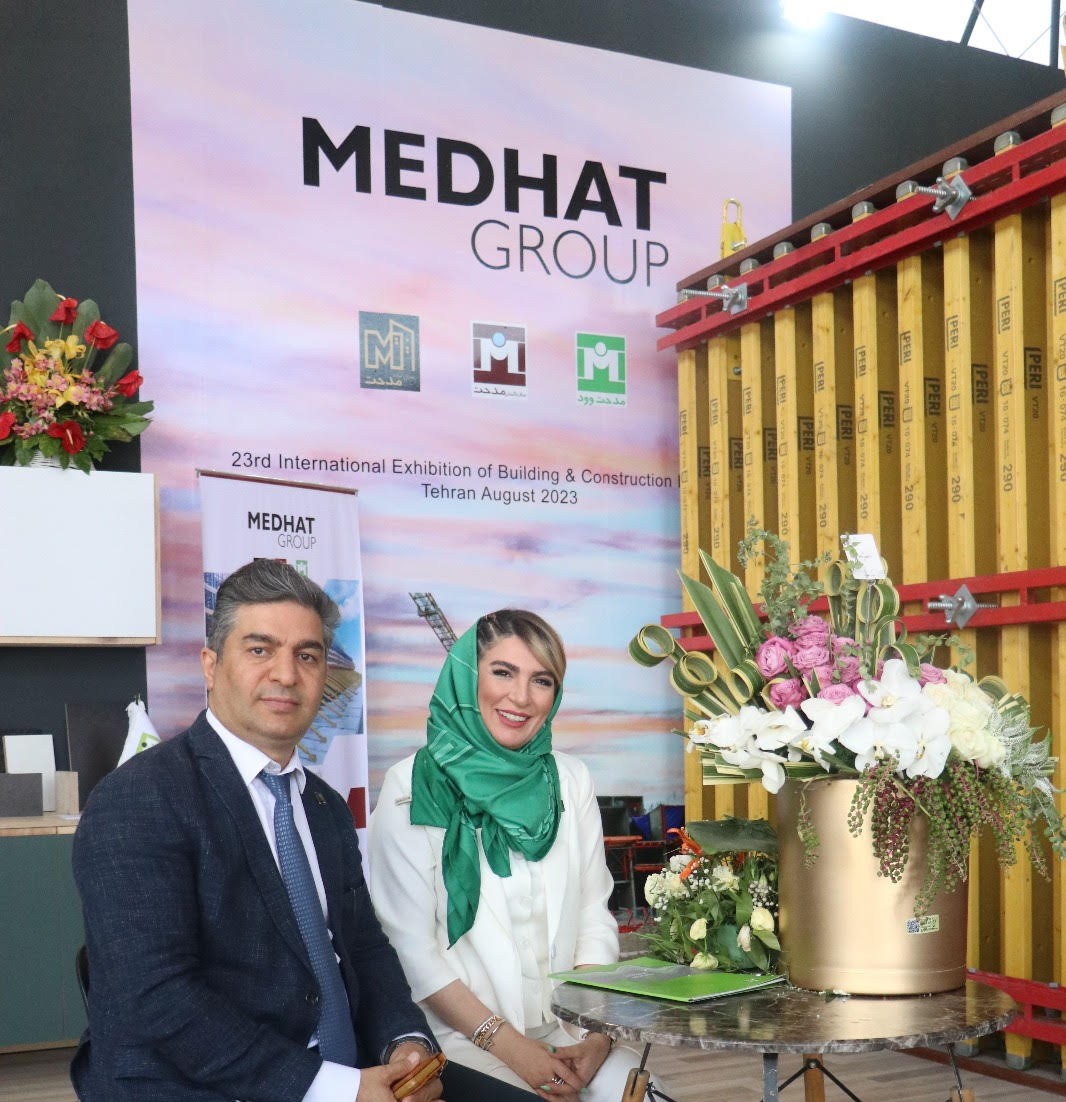In today’s world, adequate housing is more than a basic need; it forms a foundation for both personal and societal growth. Yet, with rapid population growth, providing housing for everyone has become challenging. Mass housing development emerges as a practical, sustainable solution. It promises affordable homes for diverse communities and fosters vibrant urban environments. This approach leverages modern technology, efficient resource management, and innovative design to enable rapid construction of quality housing units on a large scale.
Exploring Mass Housing Development
This article examines mass housing development from various perspectives—from its definition and objectives to the challenges it faces and solutions available. Discover how this approach can make homeownership accessible to all, paving the way for a brighter future in urban spaces.
Defining Mass Housing Development
Mass housing development is the construction of numerous housing units within a single project, using industrial methods and modern technologies. This method involves standardization, prefabrication, centralized management, and optimized resource use. As a result, these elements enable the rapid and economical production of many high-quality housing units. Typically implemented in large residential complexes or new communities, mass housing development can cover various types of units, such as apartments, single-family homes, or both.
Key Success Factors in Mass Housing Projects
Success in mass housing projects depends on multiple crucial factors. If any of these factors are overlooked, significant problems can arise. Here are some of the most critical factors for successful mass housing development:
Efficient Project Planning and Management
- Setting Clear Objectives: Defining measurable goals, creating an accurate timeline, and forecasting resources are essential first steps.
- Risk Management: Identifying potential risks at each stage and implementing preventive measures helps avoid issues.
- Continuous Supervision: Regular supervision, quality control of materials, and adherence to standards are crucial for achieving desired outcomes.
- Using Project Management Software: In addition, leveraging project management tools aids in planning, scheduling, resource allocation, progress tracking, and cost control.
Ensuring Adequate Funding and Investment
- Securing Financial Resources: Mass housing requires substantial capital. Therefore, funding can be secured through bank loans, private investors, or partnerships.
- Managing Cash Flow: Efficient cash flow management ensures available funds at each project stage and prevents delays.
- Conducting Feasibility Studies: Moreover, economic assessments forecast profitability and support financing decisions.
Selecting Suitable Land and Infrastructure
- Choosing the Right Location: Selecting land with easy access to public transportation, shopping centers, schools, and medical facilities enhances project appeal.
- Legal Review of Land: Ensuring the legal status and ownership of land prevents later issues.
- Evaluating Land Conditions: For example, examining topography and soil conditions, such as slope and groundwater levels, affects design and costs.
Community-Centered Design and Architecture
- Flexible Space Design: Creating adaptable spaces to meet diverse family needs is essential for resident satisfaction.
- Natural Light and Ventilation: Furthermore, maximizing natural light and ventilation improves quality of life and reduces energy use.
- Sustainable Building Practices: Utilizing eco-friendly materials and designing energy-efficient buildings contribute to a greener environment.
- Inclusive Design: Considering social groups, such as large families, the elderly, and individuals with disabilities, enhances inclusivity.
Integrating Modern Technology and Advanced Materials
- Industrialization and Prefabrication: Using prefabricated methods speeds up project completion, reduces costs, and improves quality.
- Lightweight, Durable Materials: Materials like advanced concrete and high-strength steel increase resilience and improve thermal and sound performance.
- Smart Building Systems: Additionally, integrating energy management, lighting control, and security systems enhances resident comfort.
Compliance with Building Standards and Regulations
- Adhering to National Building Codes: Designing mass housing projects according to national codes is essential.
- Obtaining Necessary Permits: Acquiring permits from relevant authorities helps avoid legal issues.
- Continuous Quality Checks: Quality inspections at every stage ensure compliance with standards.
Public-Private Sector Collaboration
- Government-Private Partnerships: Collaboration between government and private sectors encourages investment and streamlines processes.
- Providing Incentives: Government incentives and banking support facilitate mass housing development.
- Urban Infrastructure Development: Moreover, governments must ensure infrastructure—such as water, electricity, and public transportation—is available in newly developed areas.
Mass Housing and the Tunnel Form System
One modern technique that is transforming mass housing development is the tunnel form system. This industrial method enables simultaneous casting of walls and ceilings, accelerating completion, reducing costs, and improving quality. The tunnel form system consists of modular metal molds, allowing concrete to be poured for both walls and ceilings in one step. Once the concrete sets, the molds are removed and transferred to the next unit.
Conclusion
Mass housing development stands as an effective solution to housing challenges. By using modern technology, efficient resource management, and innovative design, it enables rapid and large-scale housing production, fulfilling society’s needs, enhancing quality of life, and promoting sustainable urban growth. Although challenges exist, careful planning, adequate funding, optimized design, and collaboration between public and private sectors can ensure project success.
If you are seeking a trusted partner in mass housing development, Sazeh Gostar Medhat offers years of expertise in designing and producing formwork systems, including tunnel formwork. Contact us today for a free consultation.




